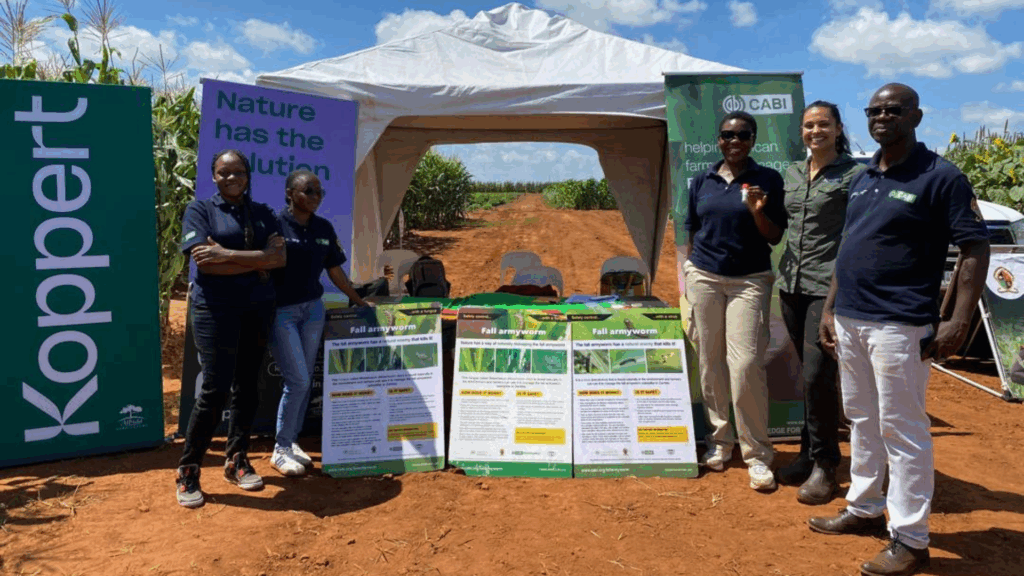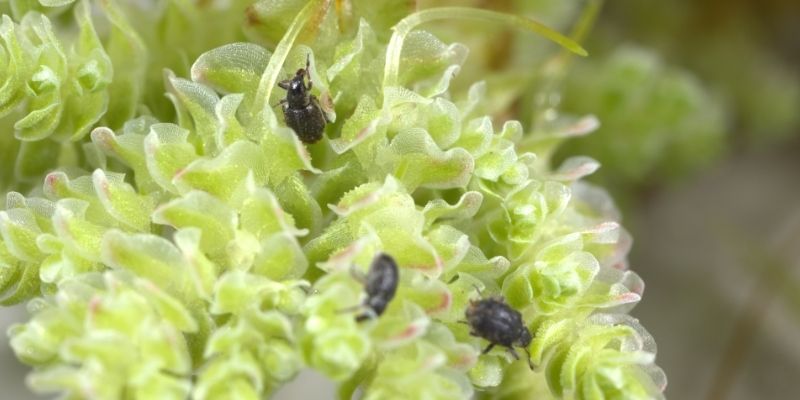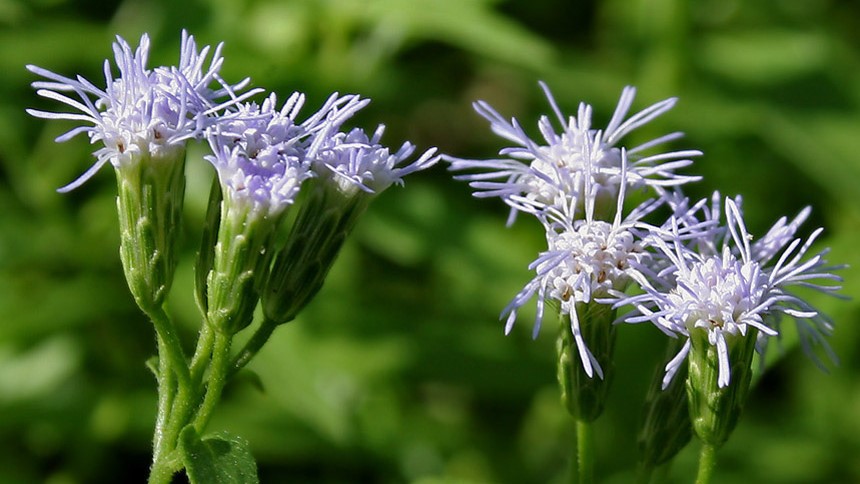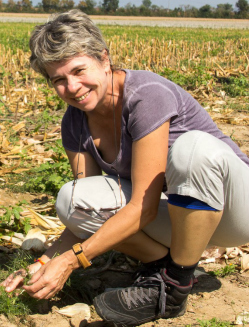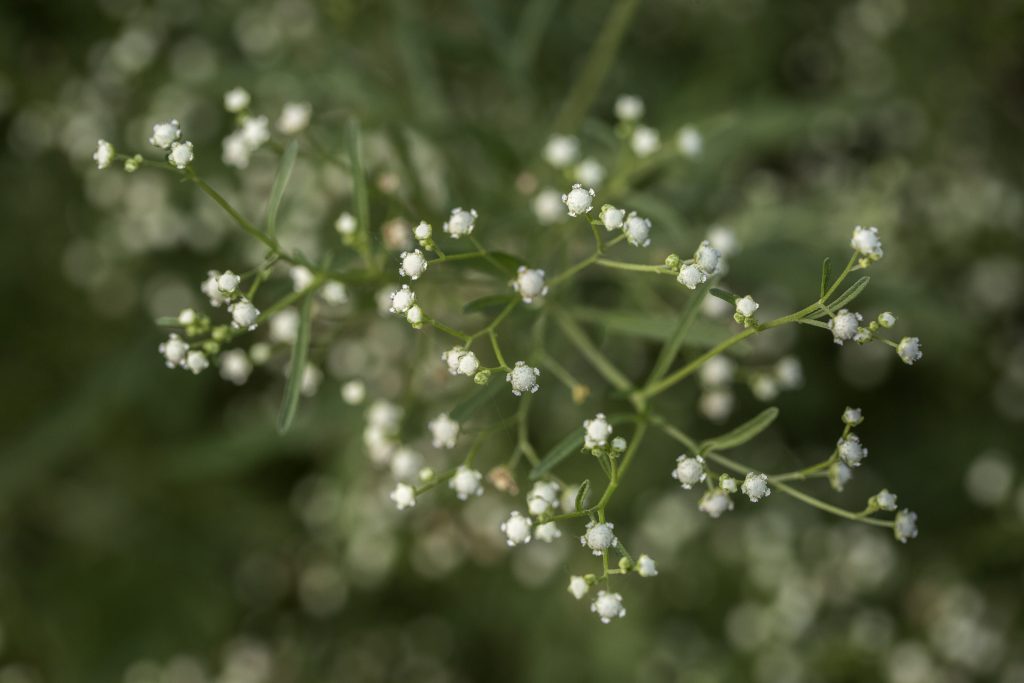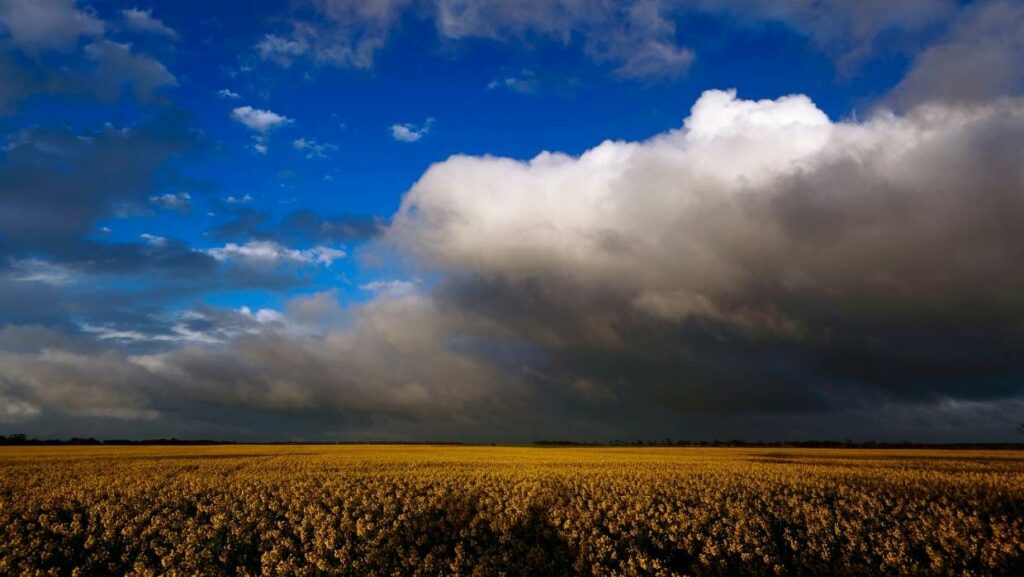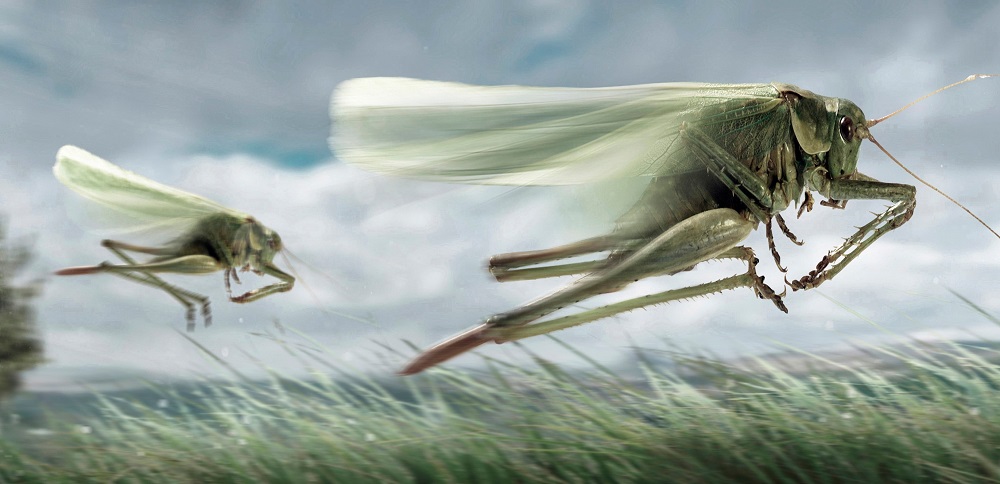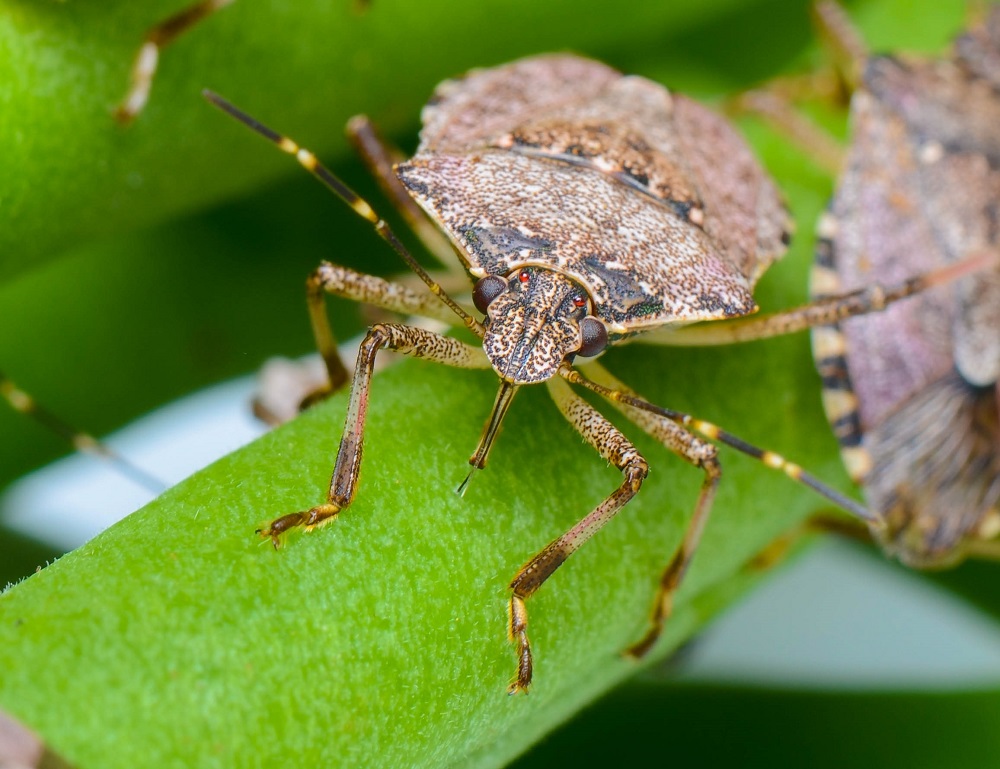Stakeholders deliberate integrated policy approach for invasive species management in India
Invasive species management in India Invasive alien species (IAS) are globally recognised to cause serious economic and environmental damage. IAS pose one of the most significant threats to conservation and biodiversity due to their impact on native species in ecosystems. Such as: biodiversity and habitat loss, ecosystem destruction, increased vulnerability to forest fires, change in…
Devilweed: the ‘green invasion’ that’s destroying biodiversity and livelihoods
In a new video from BBC Earth, CABI’s Dr Arne Witt tells us about the devastating impact of Chromolaena odorata, commonly known as ‘Devilweed’. As part of the BBC’s Our Green Planet initiative, the video raises awareness about the impact of invasive species on biodiversity and livelihoods.
Women and girls in science: An interview with Hariet Hinz
Female scientists have the potential to play an important role in the future of agriculture, however, a significant gender gap persists, particularly in agriculture and science. Gender and youth is a key area for CABI. Constituting to Sustainable Development Goal 5, CABI’s goal is to create opportunities for women and young people in agriculture. In…
Women and girls in science: An interview with Chapwa Kasoma
This month’s International Day of Women and Girls in Science aims to engage women and girls in science. As part of this international day, we are highlighting some of the invaluable work CABI’s female scientists do in the field of agricultural science. Zambia-based Chapwa Kasoma is a postdoctoral research fellow in invasive species management. We…
On Earth Day, we take a look at the sustainable control of invasive species
Today is Earth Day – a day when people around the world show their support for environmental protection. CABI’s vision is for a world in which the agricultural sector is embedded in a healthy and climate resilient landscape with clean water and air, healthy soils and functional ecosystem services, and where biodiversity is safeguarded through…
Extreme climate change could ‘more than double’ areas suitable for devastating fruit and nut pest
Scientists fear that extreme climate change could ‘more than double’ areas suitable for the devastating fruit and nut pest – the brown marmorated stink bug (Halyomorpha halys) – which is already posing a significant risk to crops in Europe, North America and East Asia where it originates.

